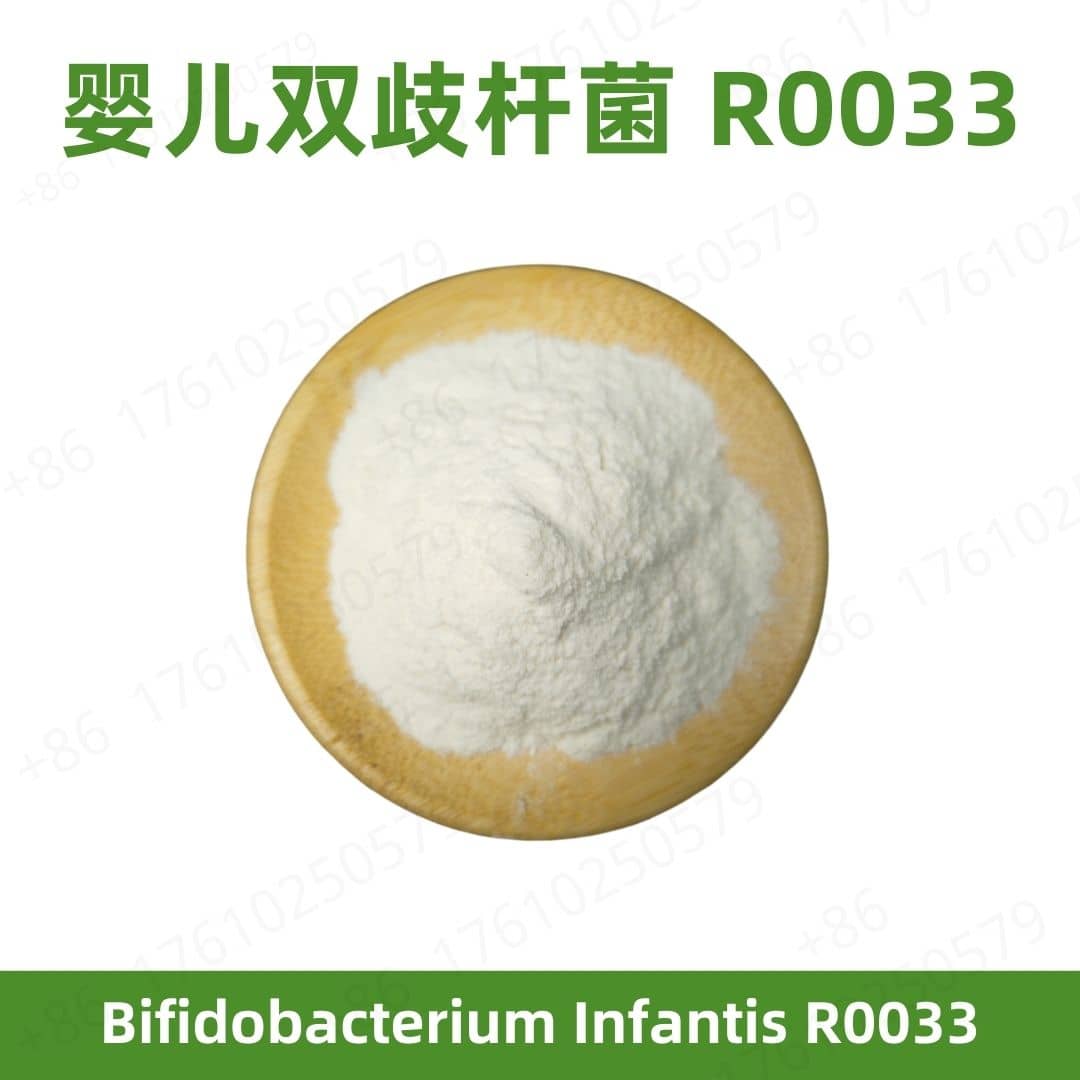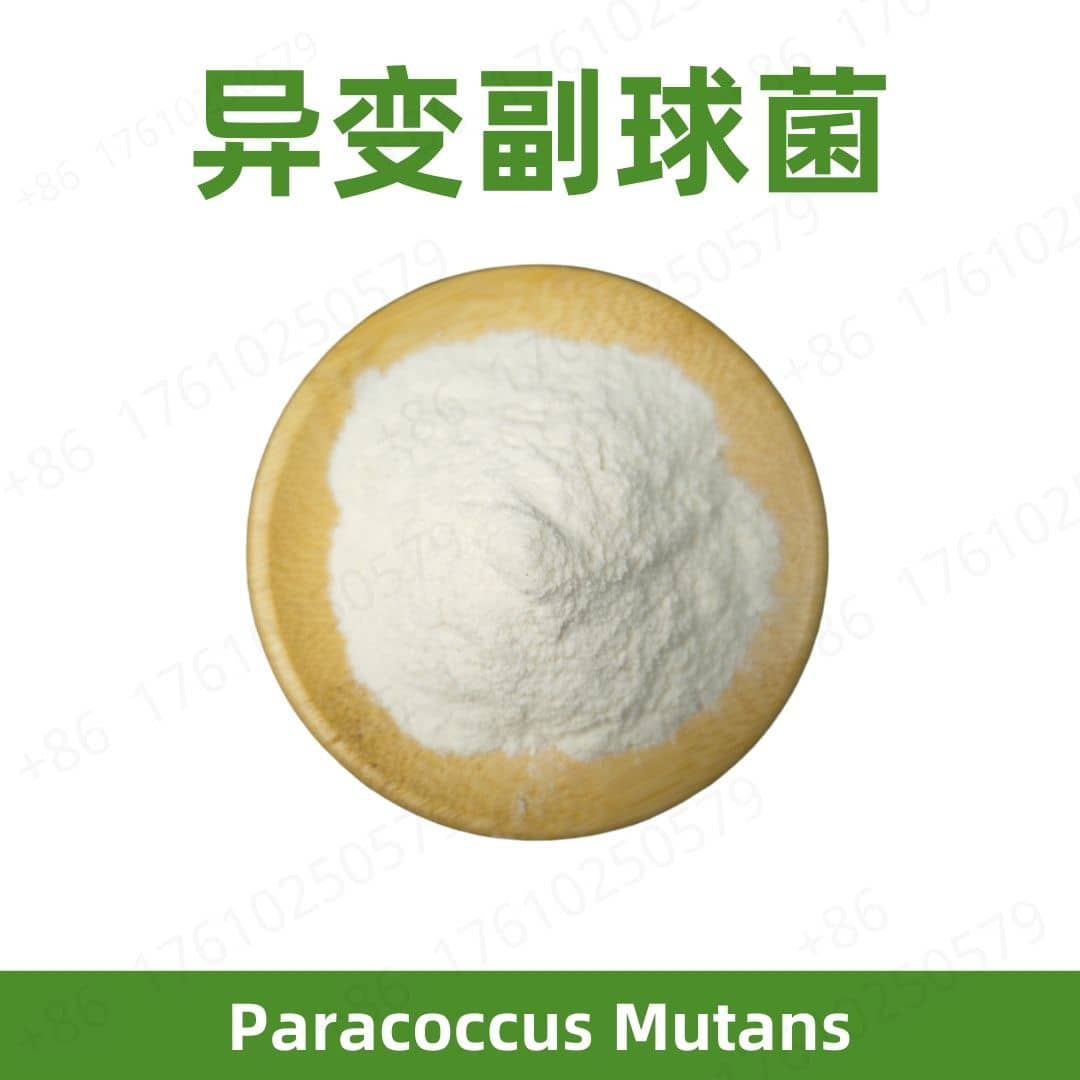Product Introduction
Pediococcus pentosaceus is a type of lactic acid bacteria known for its role in food fermentation. This microorganism is commonly found in various fermented foods, contributing to the development of flavor, texture, and preservation. It plays a significant role in the production of yogurt, pickles, and other fermented vegetables. As a probiotic strain, it is recognized for its potential health benefits and is widely utilized in both home and industrial food production.
Production Process
The production of Pediococcus pentosaceus typically involves the cultivation of the bacteria under controlled conditions. This usually includes selecting a suitable medium that supports bacterial growth, such as deionized water and nutrient broth. The fermentation process involves incubating the bacteria at specific temperatures for a particular duration, encouraging optimal growth. Once the desired concentration is achieved, the bacterial culture can be harvested and dried to produce a powdered form. Quality control measures are implemented to ensure the potency and viability of the probiotic.
Product Benefits and Functions
Pediococcus pentosaceus is known for its various health benefits associated with digestive health. It aids in the fermentation process, contributing to the production of lactic acid, which helps to inhibit the growth of harmful bacteria. Additionally, it can enhance the bioavailability of nutrients by breaking down complex compounds. Some research suggests that P. pentosaceus may also support immune function and contribute to a balanced gut microbiome. Its probiotic properties can help alleviate digestive disorders and maintain overall gut health.
Product Application Scenarios
This probiotic strain is widely used in the food industry, especially in dairy products like yogurt and cheese. It is also utilized in the fermentation of vegetables such as sauerkraut and pickles, where it helps develop the characteristic sour flavor. Furthermore, P. pentosaceus can be found in fermented beverages and is sometimes added to nutritional supplements to promote digestive health. Home fermenters often employ this strain in their recipes to ensure successful fermentation and improve the safety and quality of their products.
Packaging and Storage
Storage Conditions: Store in a sealed, light-proof container, away from high temperatures, in a dry, cool, and well-ventilated place.
Packaging: Bulk: 25kg/cardboard drum; Sample: 1kg/aluminum foil bag; Custom packaging available upon request.
Shipping Methods: FedEx, DHL, dedicated logistics, and sea freight consolidation.
Shelf Life: Two years
Monica Sun possesses extensive technical expertise and market insights in the food additives industry. She excels in designing efficient and safe additive formulations tailored to various food applications, ranging from sweeteners to functional dietary fibers. Monica has successfully assisted food manufacturers in optimizing ingredient combinations to enhance product quality and improve consumer satisfaction.

















